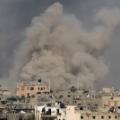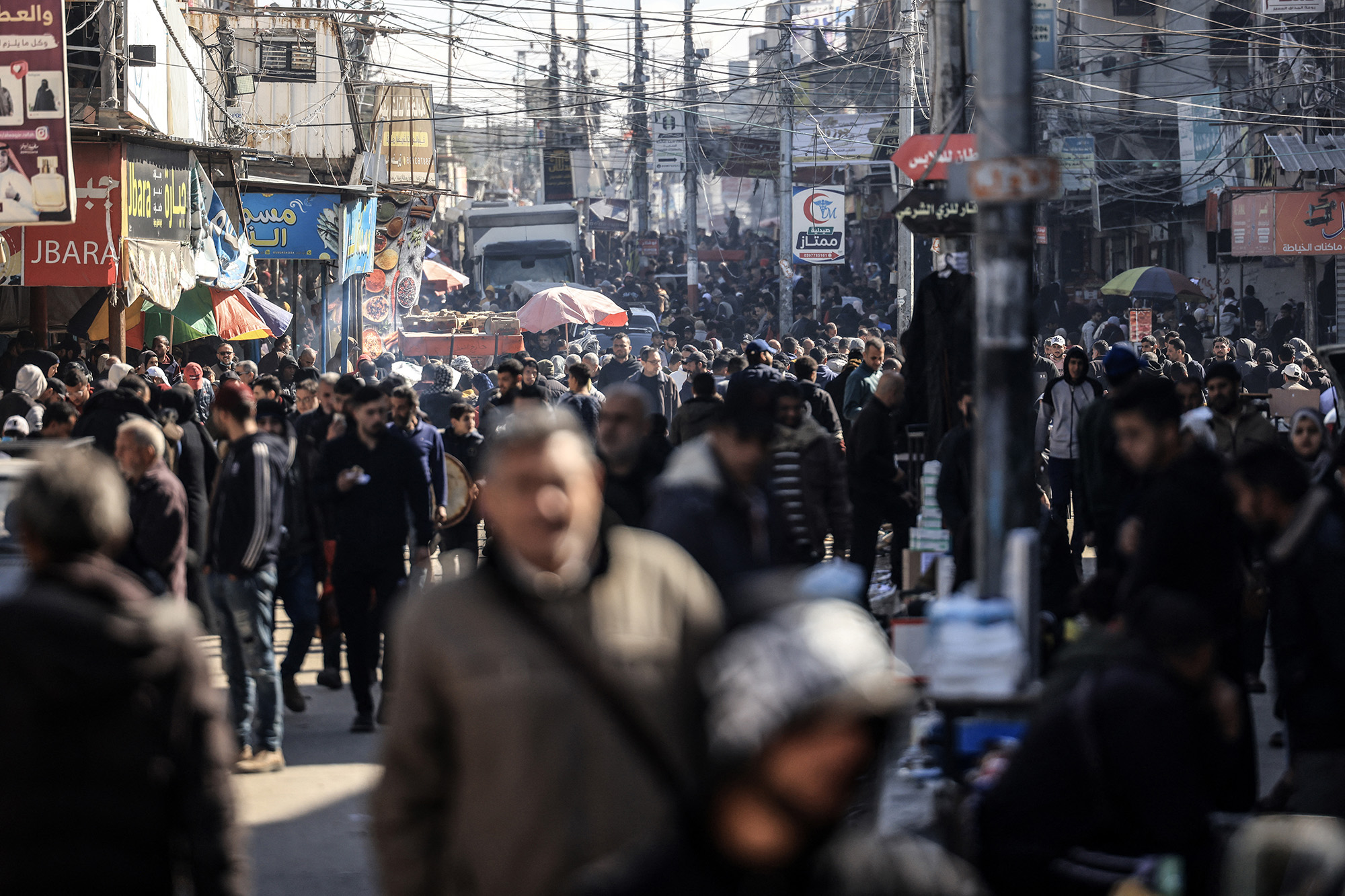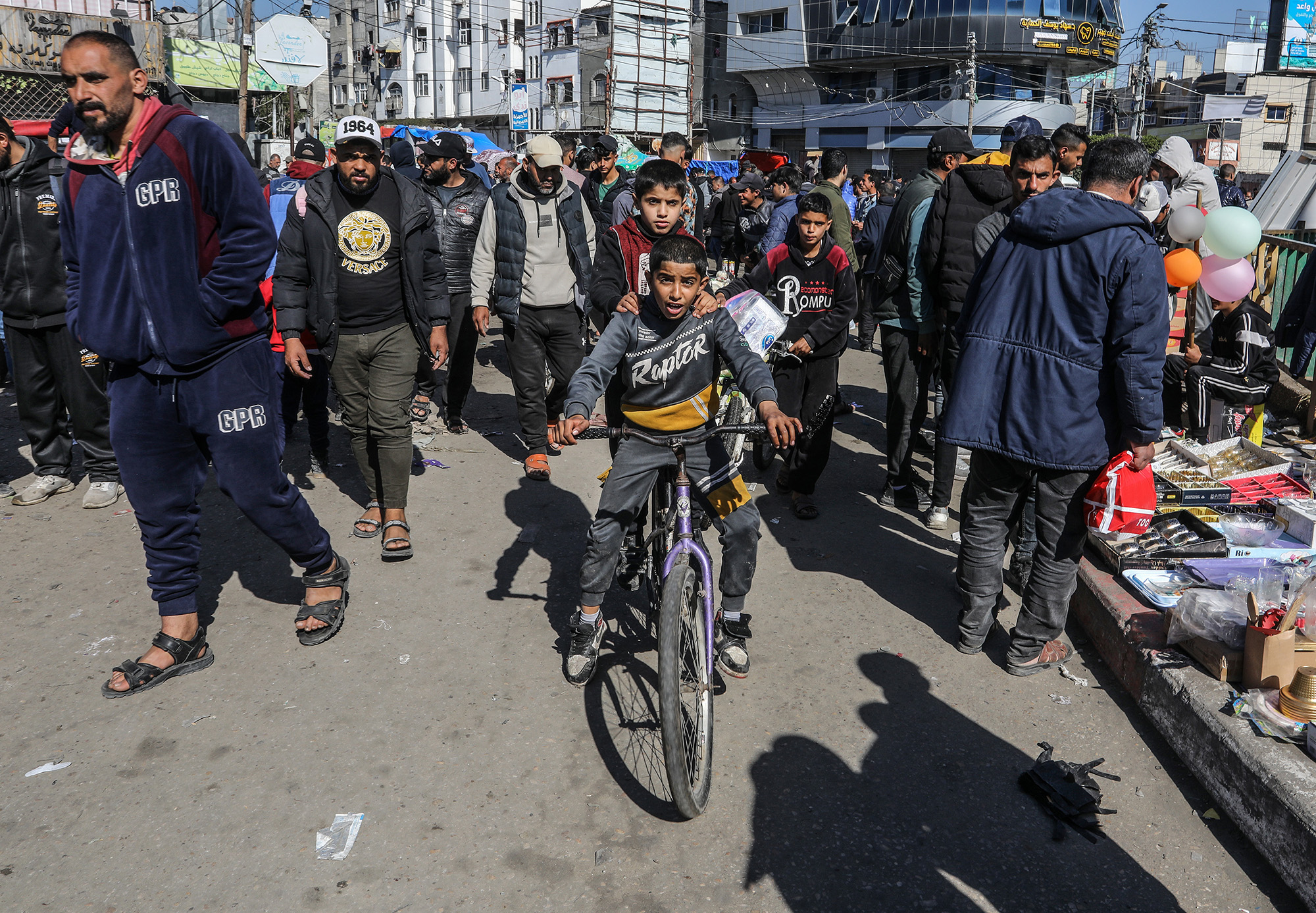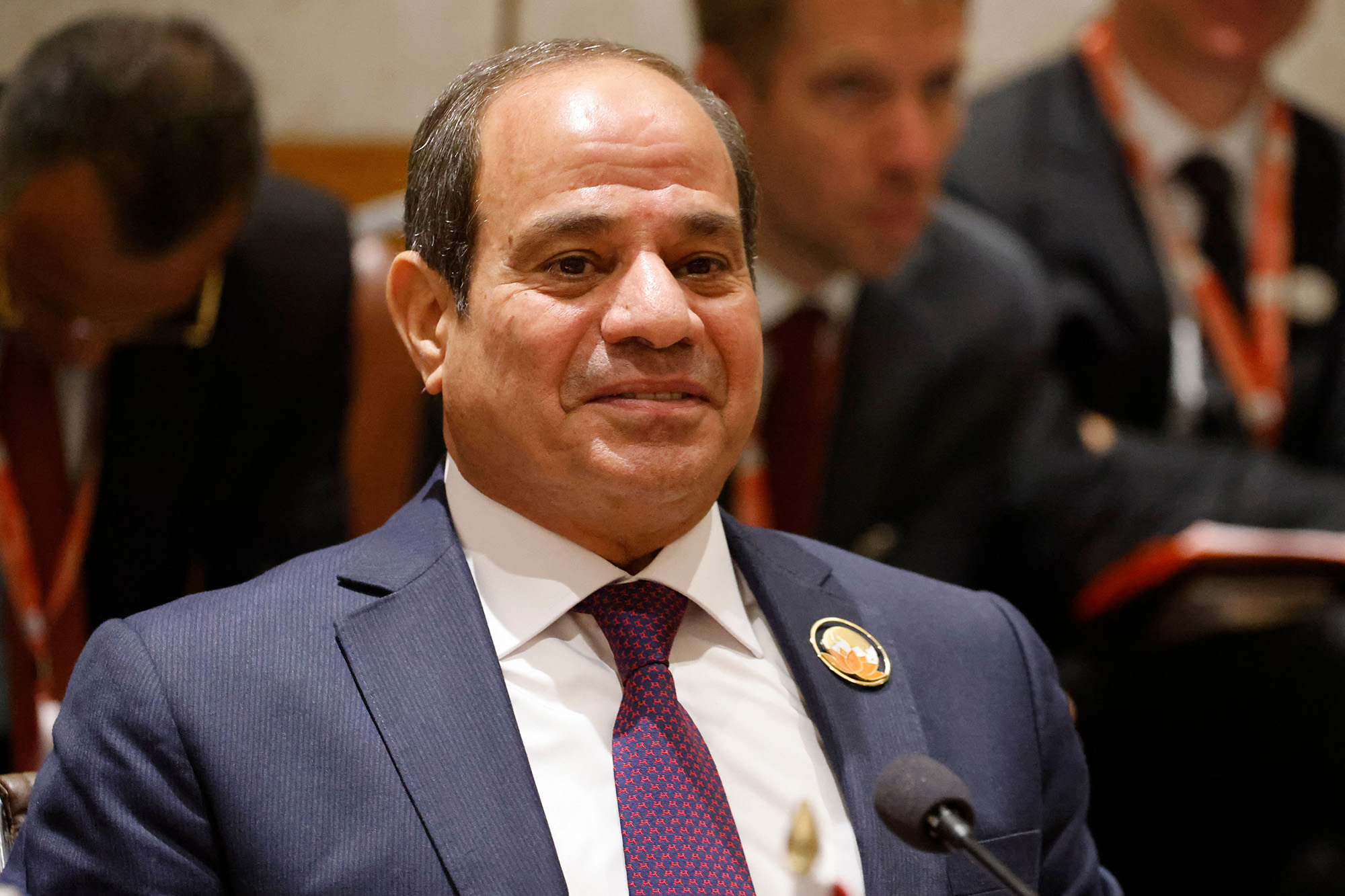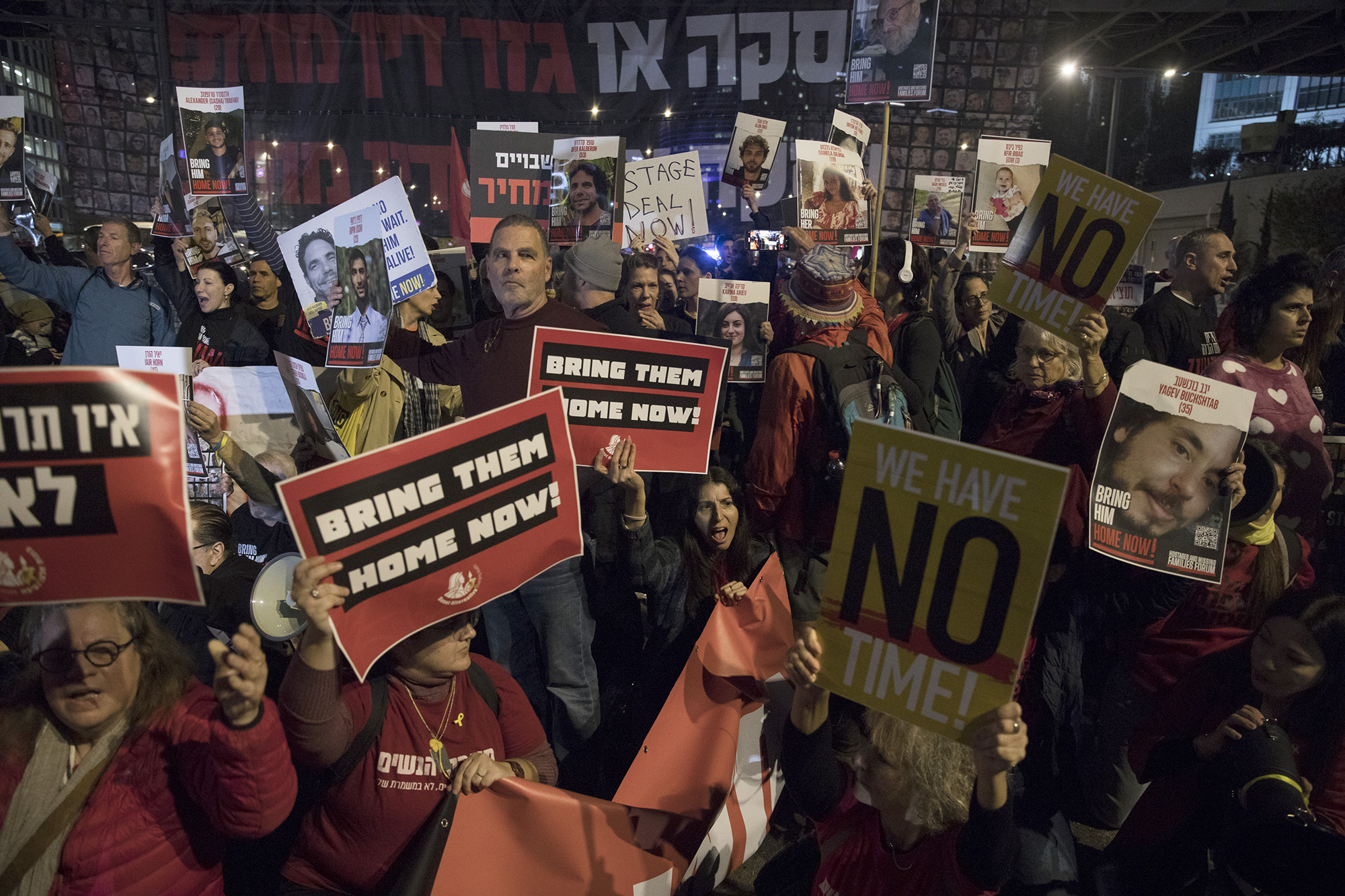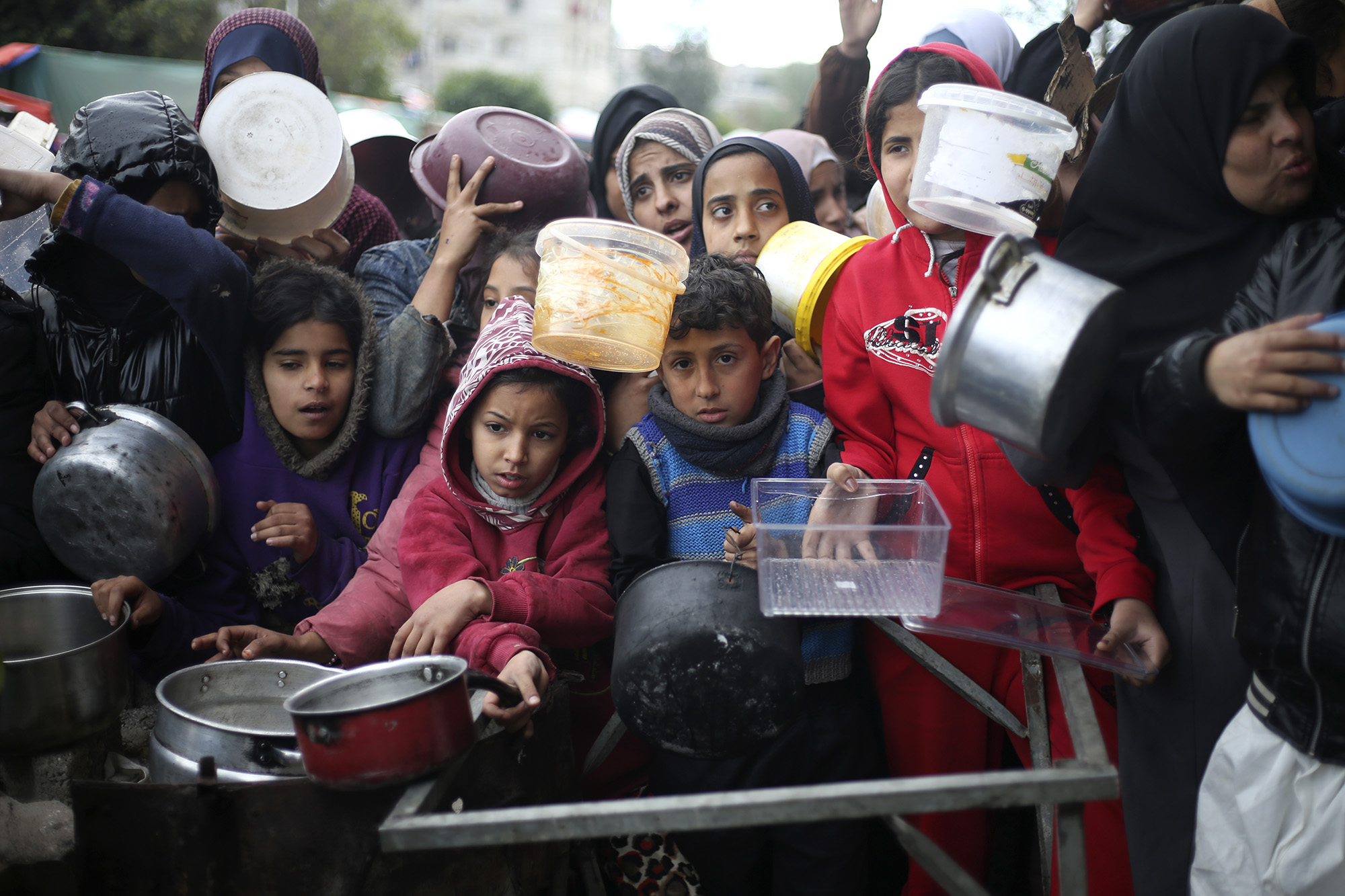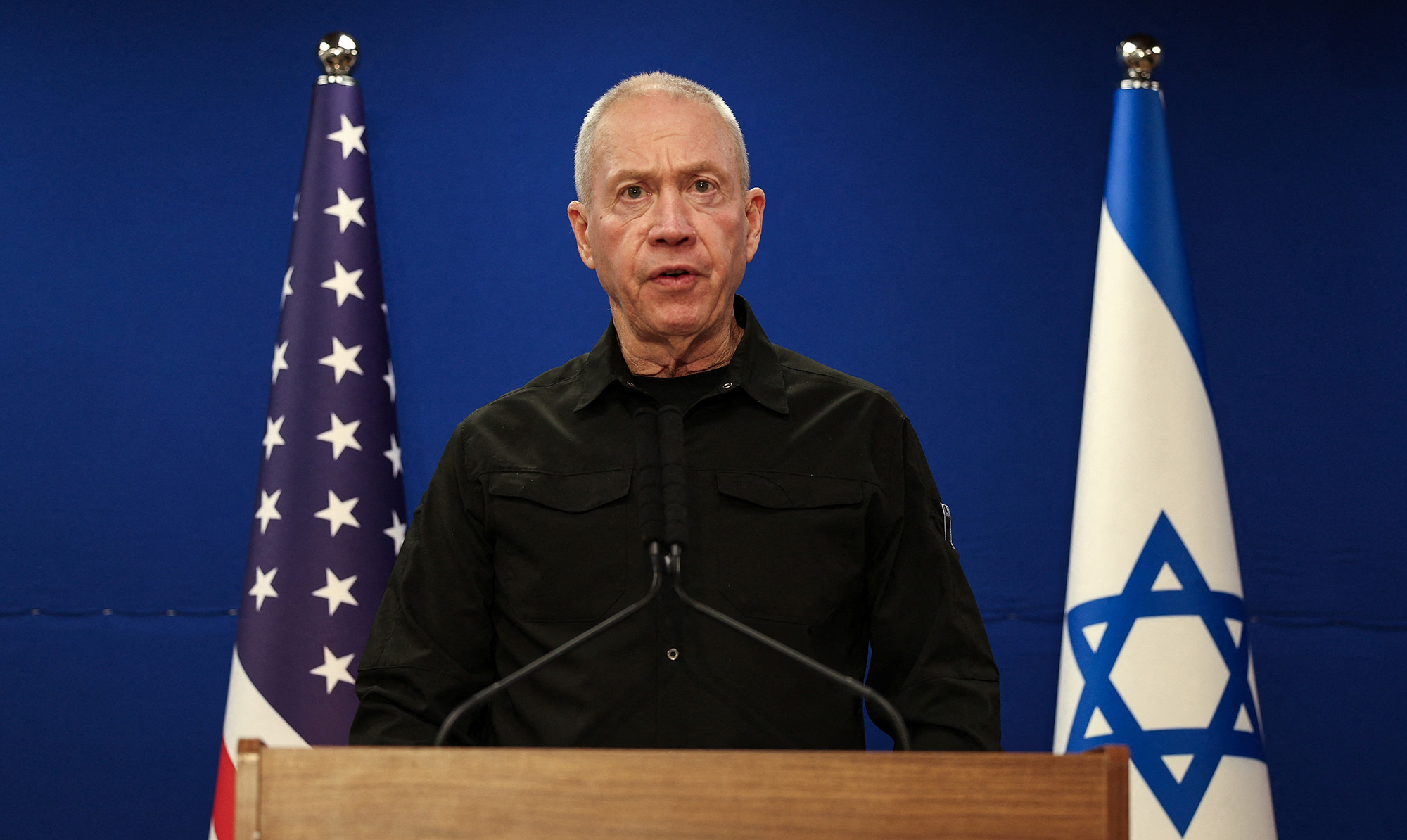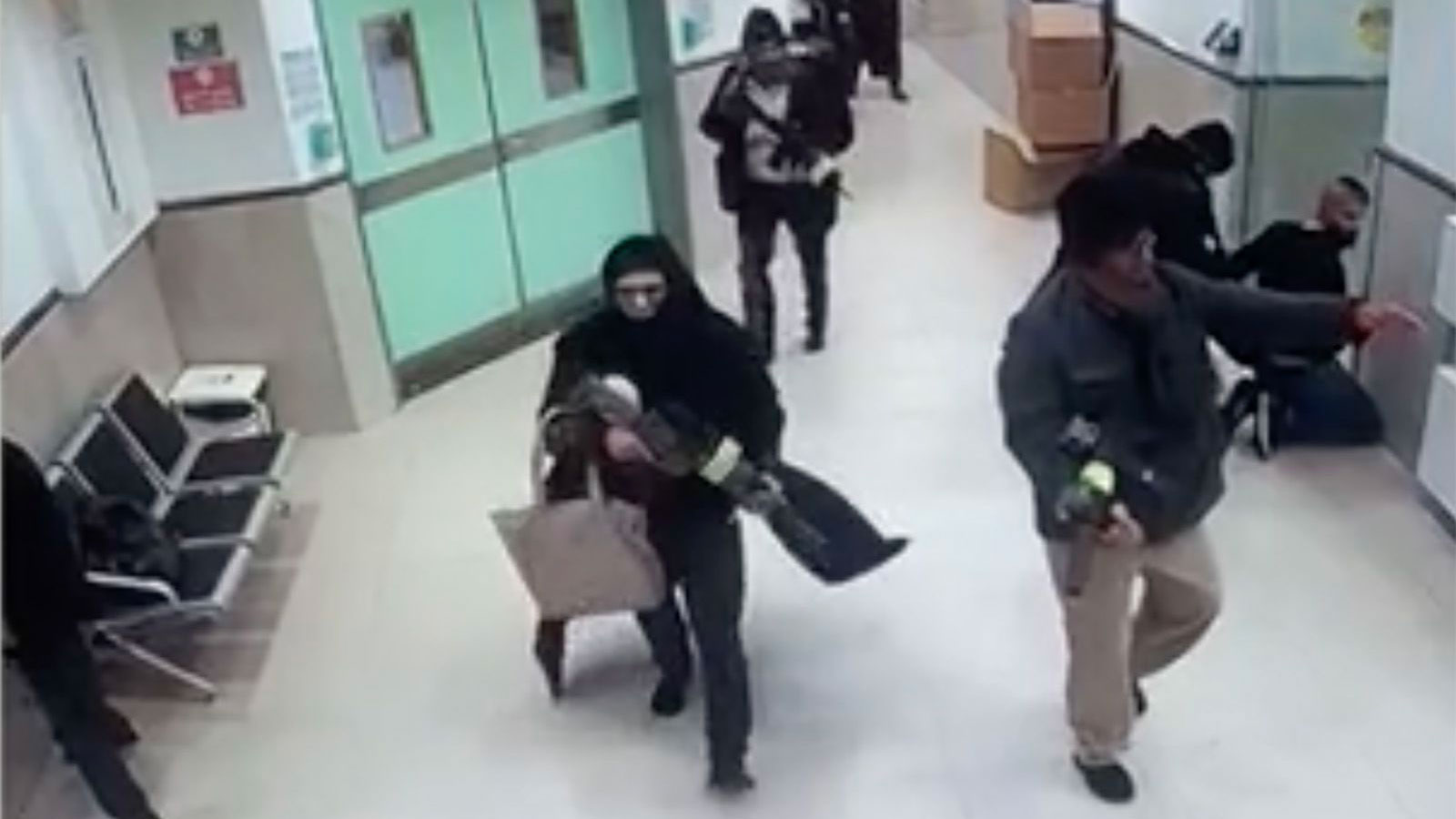
An Israeli undercover operation on a hospital in the occupied West Bank last month may amount to a war crime, according to five United Nations special rapporteurs.
"Killing a defenseless injured patient who is being treated in a hospital amounts to a war crime," the experts said in a statement Friday.
"By disguising themselves as seemingly harmless, protected medical personnel and civilians, the Israeli forces also prima facie committed the war crime of perfidy, which is prohibited in all circumstances,” they continued.
The experts said that outside active hostilities, “at most Israeli forces may have been entitled to arrest or detain them,” and were only entitled to use force “if strictly necessary to prevent an imminent threat to life or serious injury.”
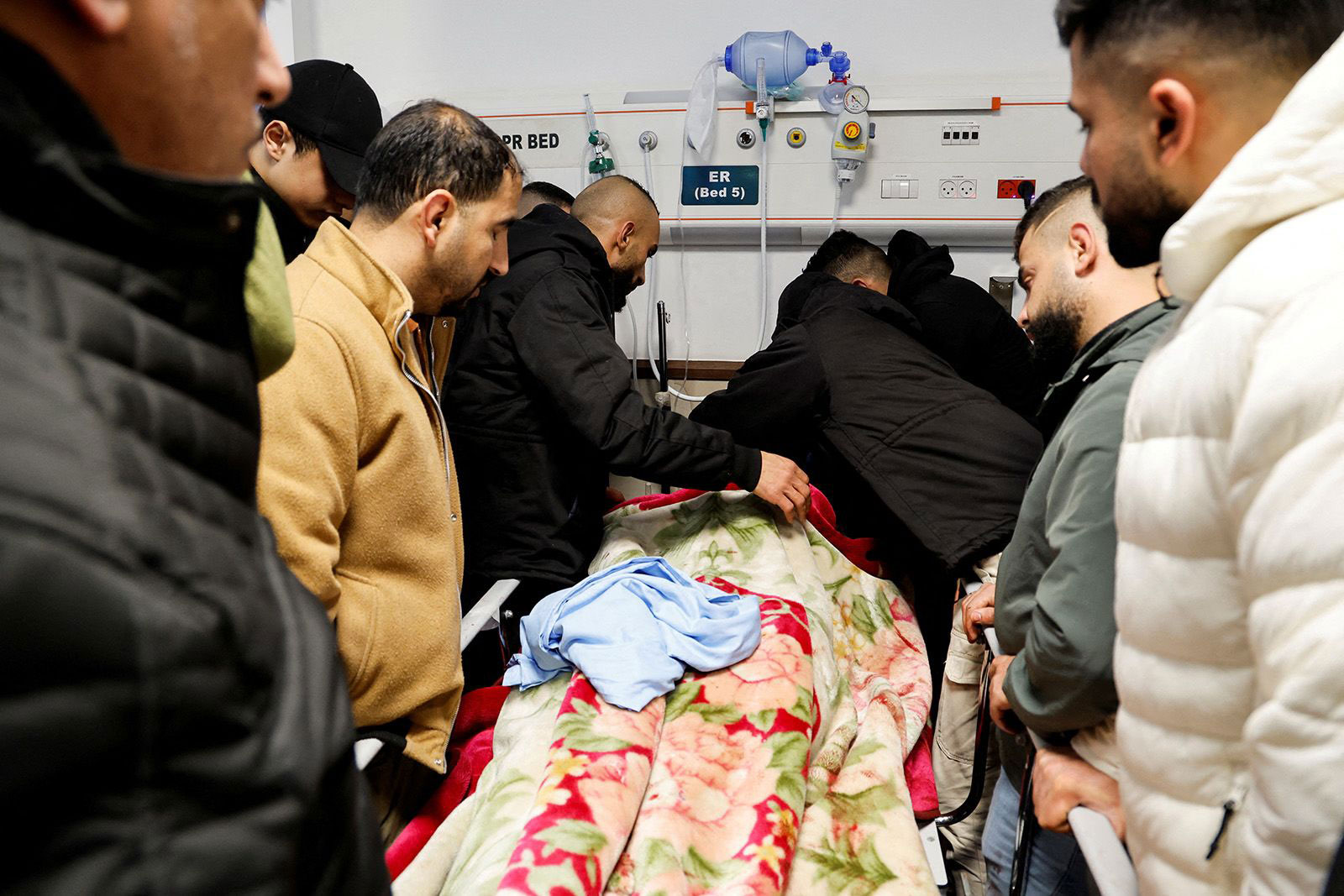
About the deadly raid: On January 30, undercover Israeli forces infiltrated the Ibn Sina hospital in Jenin and killed three Palestinian men, according to the hospital and the Palestinian state news agency.
Dramatic CCTV video captured around a dozen commandos disguised as nurses, women in hijabs, and others, with one pushing a wheelchair and another carrying a baby car seat, as they stormed a hospital corridor carrying assault weapons.
Hamas said the three men were sleeping at the time of the attack.
Last month, Israel's Defense Forces chief of staff Herzi Halevi claimed the men who were shot and killed were involved in a terrorist cell planning to carry out a “serious attack” on Israeli civilians.
The Israeli Security Agency, better known as Shabak, which conducted the raid was not immediately available for comment on the UN experts’ statement.
CNN's Abeer Salman and Richard Greene contributed reporting.


